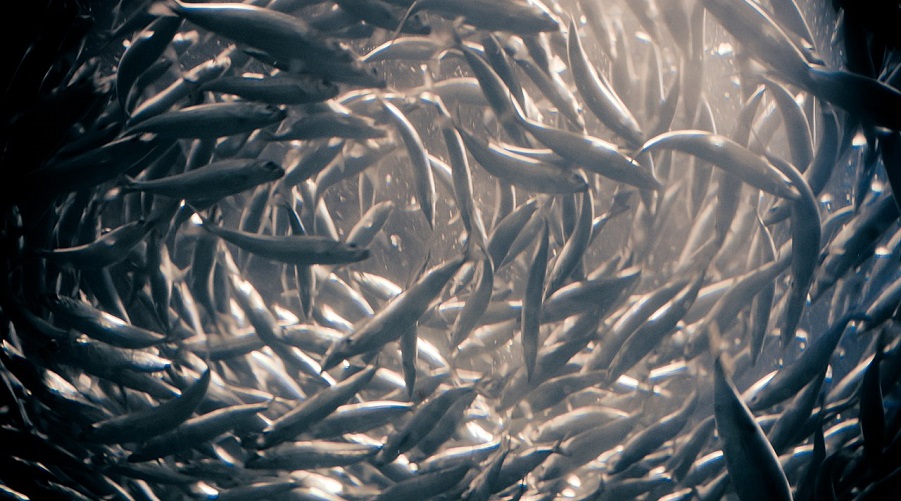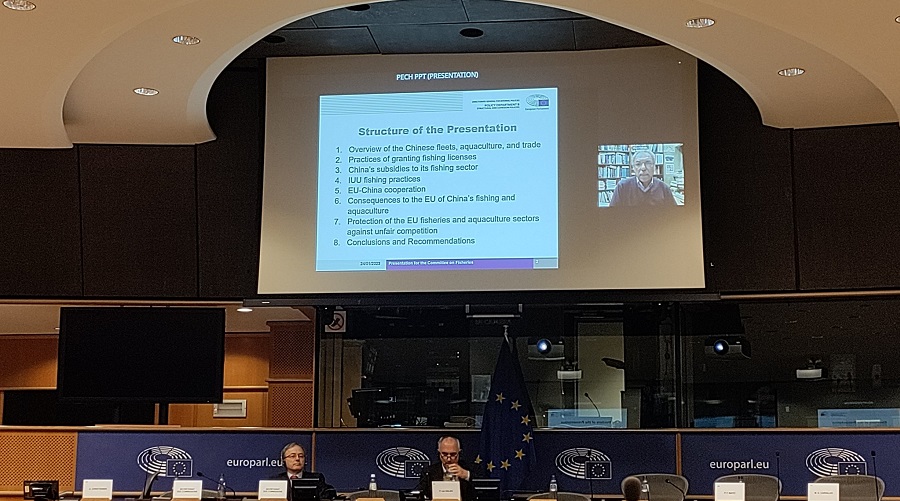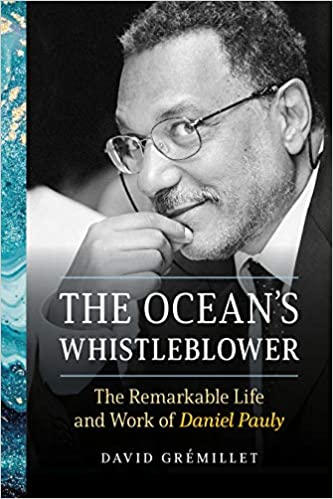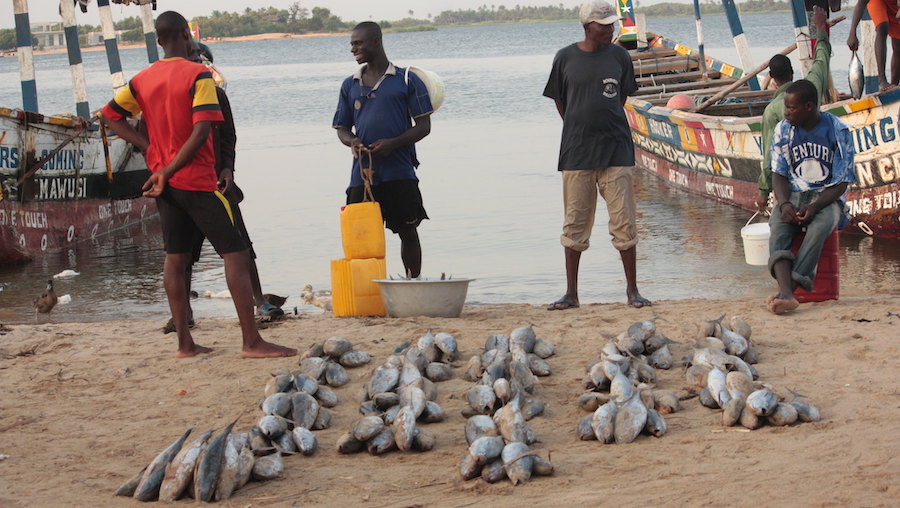
Swirling school of anchovies. Photo by Cliff, Wikimedia Commons.
Over 120 million tonnes of carbon dioxide equivalent could be sequestered every year by 2050 by applying a market-based solution (MBS) to global fisheries that would allow fishers to decide whether – at certain times – it is more profitable to go fish or to remain at port.





 Two years after the release of
Two years after the release of 
